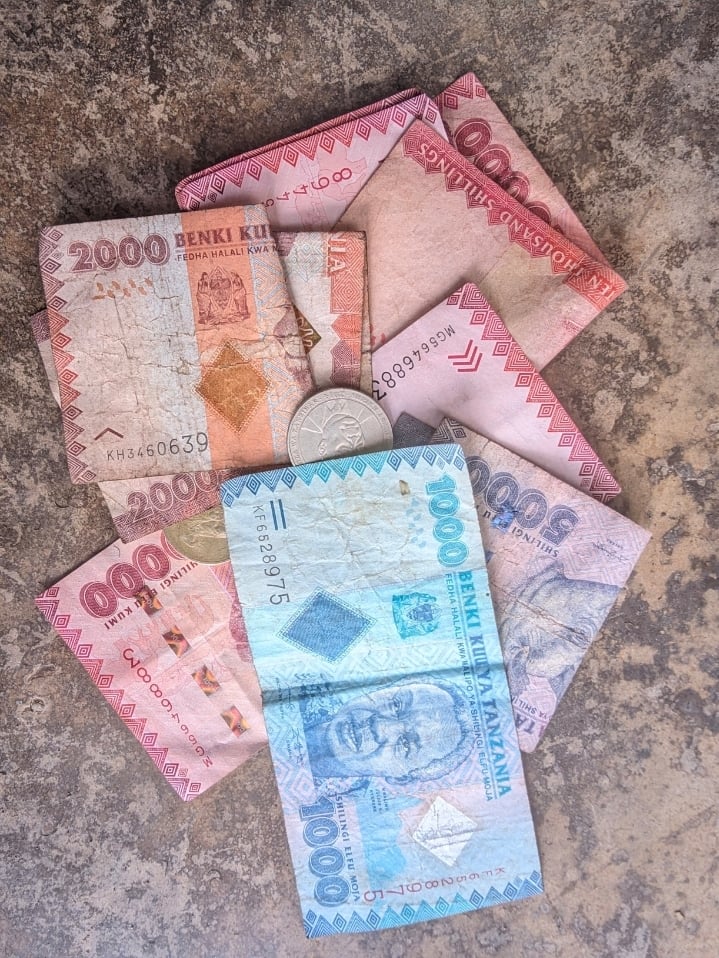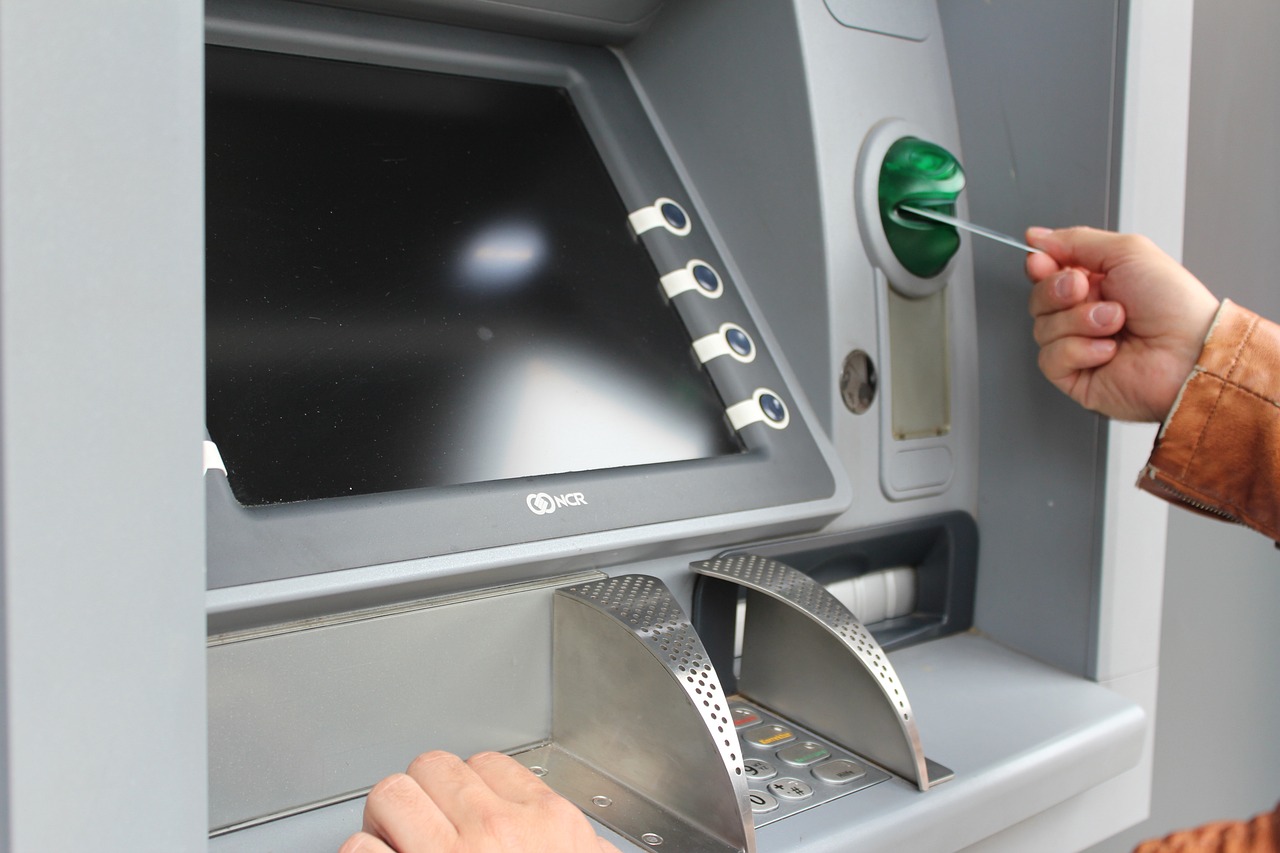Understanding Zanzibar Currency: A Traveler's Essential Guide


Many places only accept Tanzanian Shillings, some take USD, and card payments often come with high fees.
It’s easy to lose money on bad exchange rates or get stuck without cash in remote areas.
Learn how to handle money confidently in Zanzibar—where to exchange, how to pay, and what to carry.
Official Currency and Exchange
The Local Currency of Zanzibar - Tanzanian Shilling (TZS)
The Tanzanian Shilling (TZS) is the official currency used in Zanzibar and across mainland Tanzania. It’s the primary means of payment for everyday transactions.
Banknotes come in denominations of 1,000, 2,000, 5,000, and 10,000 TZS—typically used for hotels, restaurants, or tours. Coins of 50, 100, 200, and 500 TZS are common for smaller purchases like snacks, transport, or tipping.
Travelers should carry both notes and coins to avoid payment issues in local shops or markets, where exact change is often needed.
Understanding the currency helps visitors avoid overpaying and makes budgeting in Zanzibar easier and more predictable.
Accessing Money in Zanzibar: ATMS and Available Banks

Getting cash in Zanzibar is easy in major tourist hubs like Stone Town, Nungwi Beach, and Paje. These areas have reliable access to ATMs and bank branches.
Stone Town has the most banking options, including NBC, CRDB, and Diamond Trust Bank. Use ATMs attached to bank buildings for better security and service.
Nungwi and Paje have fewer machines, but CRDB and NBC operate key ATMs in these beach destinations. Plan ahead if you're heading to more remote areas.
Most ATMs dispense Tanzanian Shillings, but be aware: some only accept Visa cards, while others work with Mastercard. Carry a backup card to avoid issues.
To reduce ATM fees, it’s smart to withdraw larger amounts at once. Many local vendors and markets don’t accept cards, so keeping enough cash is essential.
Payment Methods in Zanzibar
Paying with Cash
Cash remains the most widely accepted payment method in Zanzibar, with the Tanzanian Shilling and US dollars being the two primary currencies in use.
While the shilling is the currency of choice for most transactions, US dollars are also accepted, especially in tourist areas and upscale establishments. However, it’s crucial to carry enough cash in Tanzanian Shillings for smaller markets, local restaurants, or transportation, where only the local currency is accepted.
Exchanging money safely is essential for travelers. Currency exchange services are readily available in Stone Town, with reputable options including banks and official exchange bureaus.
Avoid street money changers to minimize the risk of counterfeit notes or unfavorable rates. Planning ahead and withdrawing cash directly from ATMs in secure locations can also save time and effort.
Paying by Card

While paying by credit or debit card is possible in Zanzibar, its use is limited. Cards are typically accepted in high-end hotels, restaurants, and shops catering to tourists. However, it’s important to note that these transactions often incur high fees, sometimes as much as 5–10% per payment. For this reason, relying primarily on cash is more cost-effective.
If you need to access funds quickly, banks in Zanzibar, such as NBC and CRDB, offer over-the-counter cash withdrawal services. This option can be helpful if ATMs are unavailable or if you’ve reached your withdrawal limit.
Carrying enough cash and combining it with card payments when necessary ensures a hassle-free travel experience. Travelers are advised to check with their banks regarding international transaction fees before their trip to avoid surprises.
Exchanging Money in Zanzibar
Where to Exchange Money
When traveling to Zanzibar, the safest and most reliable places to exchange currency are banks and licensed currency exchange offices. These establishments offer competitive exchange rates and security, ensuring that you get the best value for your money.
In Stone Town, you'll find several reputable exchange services, including banks like NBC, CRDB, and Diamond Trust Bank, all of which provide secure transactions.
It’s essential to avoid street money exchanges, as they may offer enticing rates but come with significant risks. Unscrupulous vendors could hand over counterfeit notes or charge hidden fees, leaving you with less than what you bargained for. Stick to official exchange points to ensure your money is safe and secure.
Money Safety and Security
How to Keep Your Money Safe
Keeping your money secure is critical when traveling in Zanzibar. Always use hotel safes for storing your cash and valuables, and avoid carrying a large amount of money while out exploring. When you do need cash, only take what you anticipate spending for the day to reduce the risk of loss or theft.
Additionally, try to split your cash into different pockets or bags to minimize the potential loss in case of theft. Using a money belt or secure wallet can offer extra protection. Being mindful of your surroundings, especially in crowded areas, will help ensure your funds stay safe throughout your trip.
Banknotes and Coins of Tanzania
Denominations and Features

The Tanzanian Shilling is available in both banknotes and coins, each with distinct denominations.
Banknotes come in values of 500, 1,000, 2,000, 5,000, and 10,000 shillings. These notes are used for most transactions and are color-coded to make them easily distinguishable. For instance, the 500-shilling note is predominantly purple, while the 10,000-shilling note features a striking mix of red and white.
In addition to their colors, Tanzanian banknotes are designed with various security features to prevent counterfeiting. These include watermarks, security threads, and holographic elements that change when viewed from different angles. These features are important to look out for when handling large amounts of cash.
Tanzania also issues coins in smaller denominations of 50, 100, 200, and 500 shillings. Coins are typically used for everyday, low-value purchases, such as buying street food or paying for transport. The coins are small, durable, and often used for tips or small purchases in local markets.
Tipping and Bargaining
Tipping Etiquette
Tipping is common in Zanzibar, particularly in the tourism industry, though not always obligatory.
When it comes to tipping guides, it’s customary to offer 5,000 to 10,000 Tanzanian Shillings for a guided tour, depending on the duration and service quality. For drivers, 5,000 to 8,000 Shillings is typically appropriate. Restaurant staff usually expect a 10% tip if service charges are not already paid.
Tips are an important part of many service workers' income in Zanzibar. It’s advisable to carry small bills to ensure you're able to show appreciation for good service when it’s offered.
Currency Restrictions
Declaring Large Amounts of Cash

When traveling to and from Zanzibar, there are specific restrictions on importing and exporting Tanzanian Shilling.
It is illegal to bring in or take out large amounts of the local currency, and travelers are advised to check the current limits before departure. If you're carrying more than 10,000 Tanzanian Shillings, you should declare it to customs to avoid any issues during your travels.
For international currency, such as US dollars, the limit for declaration is $10,000 or its equivalent. If you carry an amount greater than this, you must declare it at customs to comply with Tanzanian regulations. Failure to declare currency amounts over this threshold can result in fines or confiscation of the funds.
It’s a good practice to keep receipts or documents from currency exchanges to ensure that you can prove the source of your money if questioned. Carrying smaller amounts of cash can help you avoid having to deal with declarations and ensure a smoother travel experience.
FAQs About Zanzibar Currency
What is the Best Currency to Take to Zanzibar?
The best currency to take to Zanzibar is a combination of Tanzanian Shilling and US dollars. While the Tanzanian Shilling is the official currency, US dollars are widely accepted in many tourist locations, including hotels, restaurants, and tour companies.
Having both currencies allows for more flexibility, especially since some establishments might prefer USD for large transactions, such as tours or lodging in Zanzibar. It’s also useful for tipping, where US dollars are often the preferred choice.
How Much is a Zanzibar Dollar to GBP?
When converting the Tanzanian Shilling to British Pounds (GBP), 1 Tanzanian Shilling is generally worth approximately 0.00034 GBP. Exchange rates fluctuate regularly, so it's important to check the exchange rates before traveling. These fluctuations can impact the cost of services, especially when booking accommodation in Zanzibar or shopping for souvenirs in local markets.
How Much is $100 in Zanzibar?

If you're bringing US dollars to Zanzibar, $100 is approximately equivalent to around 230,000 Tanzanian Shilling, depending on the current exchange rates. However, rates can differ slightly depending on where you exchange your US dollars.
Whether exchanging at a post office, bank, or local currency exchange, ensure to compare rates to get the best deal. It's recommended to carry small amounts of Tanzanian Shillings for daily spending, especially in areas away from tour companies or national parks.
Can I Use South African Rand in Zanzibar?
South African Rand (ZAR) is not widely accepted in Zanzibar, and it’s generally better to exchange your South African Currency for Tanzanian Shilling or US dollars.
While tour companies or some larger hotels in Dar es Salaam might accept it, the exchange rate may not be favorable. It’s always a good idea to prepare your cash before heading to Zanzibar to ensure smooth transactions.
Conclusion
Understanding Tanzania currency and how to manage your money is crucial when planning a trip to Zanzibar. Whether you're exchanging Tanzania Shilling or using US dollars, knowing where to exchange currency and how much to bring will help ensure a smooth experience on this stunning tropical island.
Zanzibar, being part of the United Republic of Tanzania, shares the same currency as the mainland, so it's important to be familiar with the Tanzania Shilling and the exchange rates before your trip.
During your stay, you'll likely visit beautiful places such as national parks, most lodges, and local markets, all of which will require you to use local currency or US dollars.
For convenience, always carry smaller bills, especially when traveling between towns or islands. Remember, in areas like Dar es Salaam and the airport, you’ll find reliable currency exchange options, but be cautious of travellers cheques, as they are less commonly accepted in Zanzibar.
By understanding how the Tanzania Shilling works and planning ahead, you’ll be prepared for a memorable and hassle-free experience on this beautiful island.



